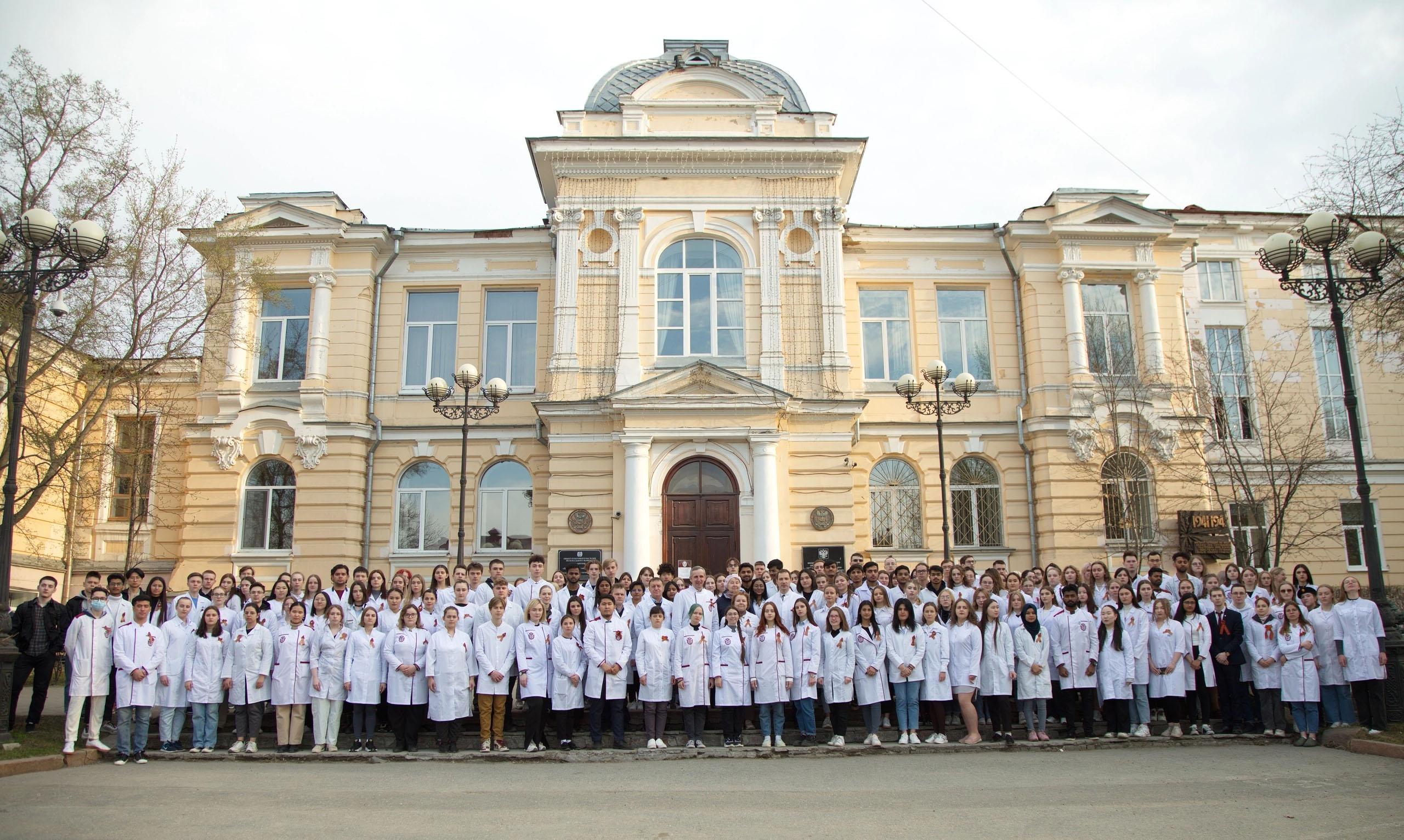In the rapidly evolving landscape of global healthcare, Siberian State Medical University stands as a beacon of innovation, education, and clinical excellence. Founded in 1932, Siberian State Medical University has continually adapted to the changing dynamics of medical science, ensuring that it remains at the forefront of medical education and research. This article delves into the myriad ways Siberian State Medical University is shaping the future of medicine, fostering a new generation of healthcare professionals equipped with cutting-edge knowledge and skills.
State-of-the-Art Facilities
Siberian State Medical University prides itself on its state-of-the-art facilities which are pivotal in providing top-tier medical education. The university boasts advanced laboratories, simulation centers, and research facilities that are equipped with the latest technology. These facilities enable students to gain hands-on experience with modern medical equipment, preparing them for the realities of clinical practice.
Innovative Learning Environments
The university's commitment to innovation is evident in its learning environments. Siberian State Medical University has integrated digital technologies into its curriculum, including virtual reality (VR) and augmented reality (AR) tools that simulate real-life medical scenarios. These tools enhance the learning experience by allowing students to practice procedures in a controlled, risk-free environment.
Comprehensive Curriculum
NSMU offers a comprehensive curriculum that covers all aspects of medical education, from basic sciences to clinical practice. The curriculum is designed to be both rigorous and flexible, allowing students to explore various specialties and sub-specialties. This approach ensures that graduates are well-rounded and capable of adapting to the diverse challenges they will face in their careers.
Focus on Research and Innovation
Research is a cornerstone of NSMU's educational philosophy. The university encourages students to engage in research projects from the early stages of their education. By fostering a culture of inquiry and discovery, Northern State Medical University ensures that its graduates are not only consumers of medical knowledge but also contributors to the advancement of medical science.
Global Partnerships and Collaborations
NSMU has established numerous global partnerships with leading medical institutions around the world. These collaborations facilitate the exchange of knowledge, research, and best practices, enriching the educational experience of NSMU students. Through international exchange programs, students have the opportunity to gain global perspectives on healthcare, broadening their horizons and enhancing their cultural competence.
Exchange Programs and Internships
The university's exchange programs and internships are integral components of its curriculum. These programs provide students with the opportunity to train in diverse healthcare settings, gaining invaluable insights into different healthcare systems. By working alongside international peers and professionals, NSMU students develop a deeper understanding of global health issues and practices.
Emphasis on Practical Training
At NSMU, practical training is given utmost importance. The university has strong affiliations with leading hospitals and clinics, where students undertake clinical rotations and internships. This hands-on training is crucial in developing clinical skills and confidence, ensuring that graduates are well-prepared to enter the workforce.
Simulation-Based Education
NSMU has implemented simulation-based education to bridge the gap between theoretical knowledge and clinical practice. High-fidelity simulators and standardized patients are used to replicate complex clinical scenarios, allowing students to practice and refine their skills in a safe and controlled environment. This approach not only enhances clinical competence but also improves decision-making and problem-solving abilities.
Commitment to Community Health
NSMU is deeply committed to improving community health through various outreach programs and initiatives. The university conducts regular health camps, awareness campaigns, and preventive healthcare programs in underserved areas. By actively engaging with the community, NSMU students and faculty contribute to the overall well-being of the population while gaining practical experience in public health.
Public Health Initiatives
The university's public health initiatives are designed to address pressing health issues such as communicable diseases, maternal and child health, and chronic illnesses. These initiatives involve collaborative efforts with government agencies, non-profit organizations, and local communities, reflecting NSMU's holistic approach to healthcare.
Focus on Mental Health and Well-being
Recognizing the importance of mental health in overall well-being, NSMU has integrated mental health education into its curriculum. The university provides comprehensive mental health services to students, including counseling, workshops, and stress management programs. By prioritizing mental health, NSMU ensures that its graduates are not only skilled clinicians but also empathetic caregivers.
Support Services for Students
NSMU offers a range of support services to help students navigate the challenges of medical education. These services include academic advising, career counseling, and peer support groups. By fostering a supportive and inclusive environment, NSMU helps students achieve their academic and personal goals.
Alumni Success Stories
The success of NSMU alumni is a testament to the quality of education and training provided by the university. Graduates of NSMU have gone on to excel in various fields of medicine, including clinical practice, research, and medical education. Their achievements reflect the university's commitment to producing competent and compassionate healthcare professionals.
Distinguished Alumni Network
NSMU's distinguished alumni network serves as a valuable resource for current students. Alumni frequently return to the university to share their experiences, offer mentorship, and provide career guidance. This network not only strengthens the bond between graduates and the university but also enhances the professional development of students.
Conclusion
Northern State Medical University is at the forefront of medical education and research, shaping the future of medicine through its innovative programs, state-of-the-art facilities, and commitment to community health. By fostering a culture of excellence and continuous learning, NSMU is preparing the next generation of healthcare professionals to meet the evolving challenges of the medical field.

